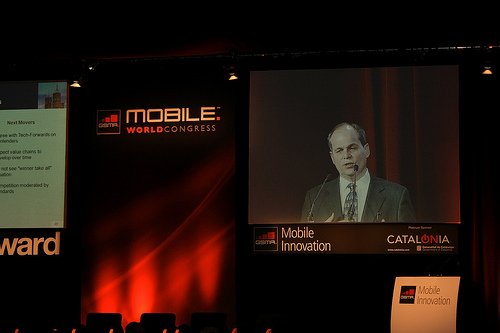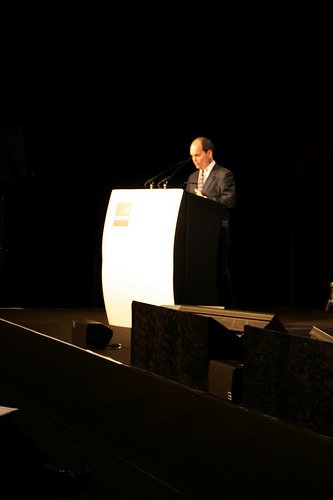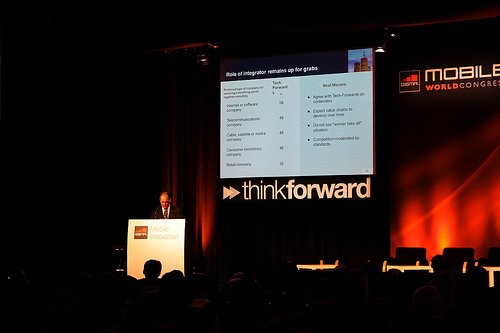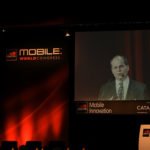
This year’s Mobile World Congress is now underway and already there has been a flurry of announcements and launches from some of the big names lining up in Barcelona.
Vodafone has unveiled a raft of new mobiles, including its first own-branded consumer GPS phone – the Vodafone 835.
The 3G candybar handset is to be available across Europe from spring on contract.
Other newcomers to the 3G range include the Vodafone 735 and Vodafone 736 – a candybar and slider version respectively of the phone.
Hot on Vodafone’s heels comes Nokia, with the news that it is launching its own online app and media portal – the Ovi Store.
The Finnish telecoms giant has made its N97 smartphone the first device to be "pre-integrated" with Ovi Store, but existing S40 and S60 customers will be able to download the service from May.
Not surprisingly, a developer site has been launched offering a 70 per cent revenue share.
Adobe announced this morning that Flash Player 10 – the full version of Flash that runs on PCs – is to be available on smartphones running Windows Mobile, Google’s Android, Nokia S60/Symbian, and the new Palm operating systems.
Devices with Flash Player 10 are expected to hit the market starting in early 2010.
Obviously, the glaring exception to the list of applicable devices is the iPhone – though Adobe executives do promise that it’s coming.
Earlier, Carl-Henric Svanberg, CEO and president of Ericsson, told delegates at MWC that 2008 had been a year of establishing mobile broadband.
He talked about the impact investment in telecom infrastructure can have on societies and their prosperity – even in the current economic climate.
"Mobile phones have had a profound impact on peoples’ lives all over the world," he said.
"The mobile industry is now on the verge of another significant wave of investment, which will bring affordable mobile broadband services to all."
Svanberg finished by stressing that the fundamentals of the telecoms industry were sound, as was demand.
"The operators are generally in good shape and the networks are fairly loaded," he said.
"As we move further into a financially turbulent 2009 our focus will be to manage our company for value creation. In this market environment there will be opportunities to strengthen our position and I am convinced that we are uniquely positioned to capture them."



.jpg)
















